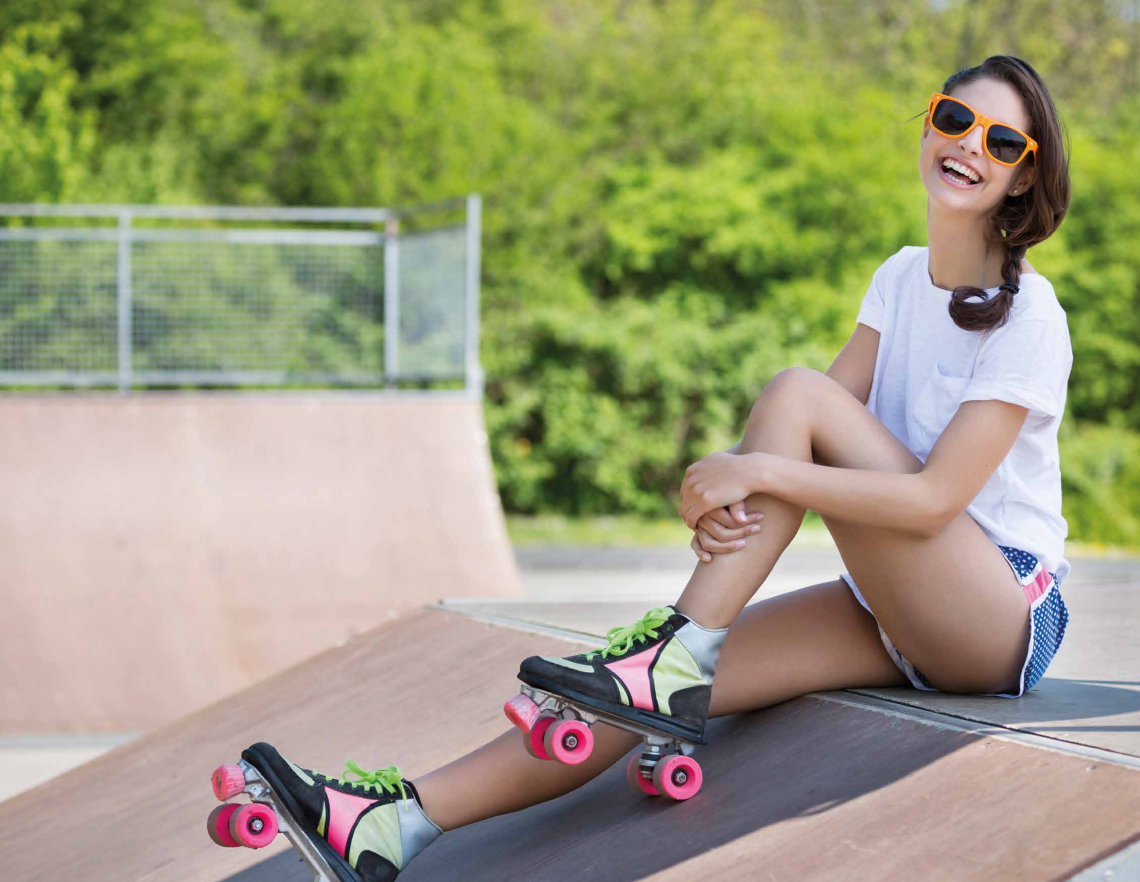Oct 13 marks World Sight Day. Here’s how you can go hard at your workout without compromising on your vision.


Oct 13 marks World Sight Day. Here’s how you can go hard at your workout without compromising on your vision.

You’ve only got one pair of eyes, so make sure you take good care of them. “Our eyes are vulnerable to sun damage, especially when we spend extended amounts of time outdoors,” says Dr Lee Sao Bing, medical director and senior consultant eye specialist at Shinagawa Eye Centre. The sun is the greatest source of ultraviolet (UV) light, and these invisible UV rays can cause permanent damage.
UV light exposure to the eye is commonly associated with cataract formation and retinal degeneration. It has also been linked to pterygium, a fleshy, triangular growth in the eye that is a slow-growing, benign lesion. While mostly harmless, pterygium sometimes grows over the cornea and, in rare cases, becomes large enough to cover the central cornea and affect vision. Keep these conditions at bay with these tips.
RUNNING OUTDOORS
Invest in a pair of quality sunglasses if you hit the road during the day, says Dr Lee. Look for ones that block 100 per cent of UV rays, and choose wraparound styles that help to block light rays that leak in from the sides.
This applies even if your contact lenses block UV rays. UV-blocking contacts shield only part of your eyes. UV rays can still damage the conjunctiva (white of the eye) and other tissues not covered by the lenses. Wearing sunglasses protects these tissues. It is also a good idea to wear a cap when the sun is directly overhead, to block off the UV light entering the eyes from the top.
ENDURANCE SPORTS
When you’re taking part in any endurance sport – such as long hours of cycling – it’s best to forgo your contact lenses or you may experience discomfort when your peepers get too dry. In extreme cases, eyes can become so dry that the contact lenses get dislodged. Opt for glasses, or wear disposable dailies which are less dehydrating. Remember to regularly apply eye drops to increase lubrication.
WATER SPORTS
According to Dr Lee, the No. 1 thing you have to remember if you are going for a dip, scuba diving or doing any other water sport is this: Do not wear your contact lenses to swim. “Germs from the water can get lodged underneath the lens and cause a bad cornea infection,” he explains. He suggests using powered goggles instead.
“Even for those with no vision issues, wearing goggles are also recommended because they can protect the eyes. This is even more important if you are swimming in the sea, as the bacteria and parasites there can cause severe eye infections.”
WINTER SPORTS
Before hitting the ski slopes, make sure you’ve got an appropriate pair of goggles on. It only takes about half a day of exposure to strong sunlight in a snowy landscape to develop “snow blindness”, says Dr Lee.
Snow blindness is like a burn to the eye, and skiing or snowboarding for three to 12 hours on a sunny day is all it takes for it to occur. Your eyes turn red and irritated, and vision will be affected. If you experience this, see your ophthalmologist as soon as you can. You will be asked to use lots of lubricants and antibiotic eye drops.
CONTACT SPORTS
Unfortunately, there’s no guaranteed way to ensure your eyes are safe during contact sports like boxing or mixed martial arts. Wear the appropriate guards and seek immediate medical attention if you get injured during a session.























